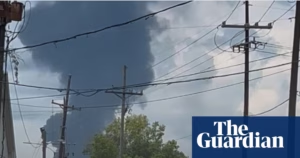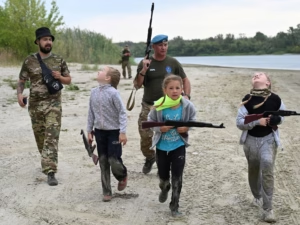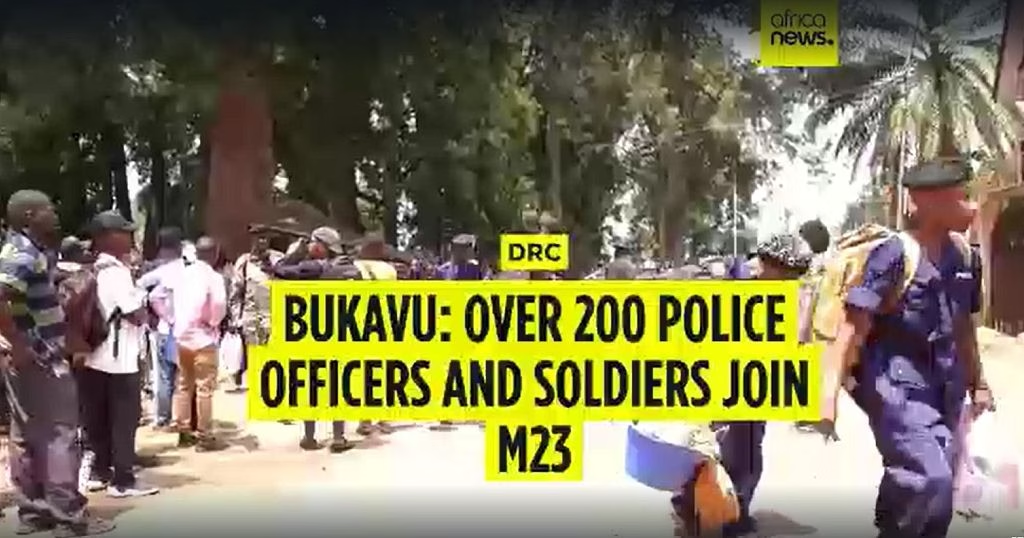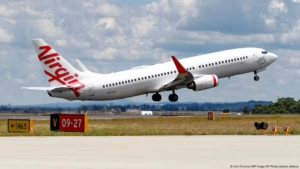In Bukavu, in the Democratic Republic of Congo, a significant event occurred when over 200 officers and soldiers switched allegiance to the Alliance Fleuve Congo (AFC/M23), a rebel organization active in the country’s eastern regions. The transition ceremony unfolded in front of the local police headquarters, capturing the attention of the Bukavu residents.
Defections Driven by Lack of Resources
The defections were justified by Jackson Nkamba, the Senior Commissioner of the Congolese National Police (PNC), who cited the dire working conditions of the security forces. Nkamba pointed out that despite their training with government resources, the police lacked proper equipping and even basic necessities, compelling them to seek out more viable options.
M23’s Security & Political Agenda
The defectors are slated for further training in Rumangabo, North Kivu, under AFC/M23’s tutelage, with the goal of establishing a more disciplined and effective police force in the territories under their control. General Bernard Byamungu, the head of operations for the Revolutionary Army of Congo, underscored the movement’s objective to ensure security by confiscating weapons from civilians and promoting a peaceful coexistence.
Furthermore, Lawrence Kanyuka, the M23 spokesperson, characterized the defections as a crucial step towards achieving a more comprehensive political agenda, aiming to liberate the country from tribalism, exclusion, and corrupt governance.
A Grim Security Scenario
As M23 extends its influence, the Congolese army (FARDC) is actively calling on deserters to return, but the conflict persists. In Lubero, ongoing clashes between FARDC and M23 have led to extensive looting, exacerbating the area’s already precarious security situation. The widespread defection of police and military members to M23 highlights the deep-seated divisions and ongoing power struggles that continue to destabilize eastern DRC.
Source: http://www.africanews.com/2025/02/24/bukavu-over-200-police-officers-and-soldiers-join-m23/







